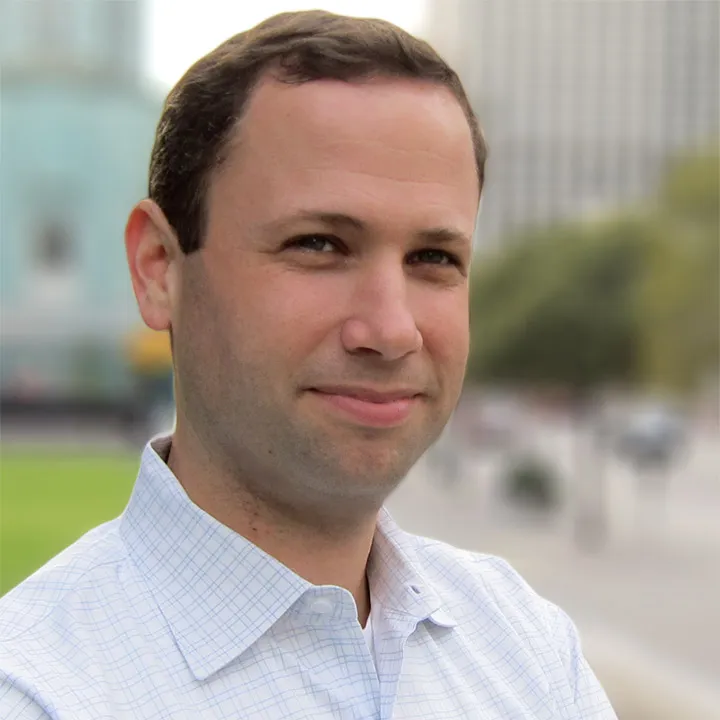Jonathan Nettler has lived and practiced in Boston, Washington D.C., San Francisco, New York, and Los Angeles on a range of project types for major public, institutional, and private developer clients including: large scale planning and urban design, waterfront and brownfield redevelopment, transit-oriented development, urban infill, campus planning, historic preservation, zoning, and design guidelines.
Jonathan is a member of the American Institute of Certified Planners (AICP) and serves on the Board of Directors for the Los Angeles section of the American Planning Association (APA) as the Vice Director for Professional Development. He is also active in local volunteer organizations. Jonathan's interests include public participation in the planning and design process, the intersection between transportation, public health and land use, and the ways in which new ideas and best practices get developed, discussed, and dispersed.
Jonathan previously served as Managing Editor of Planetizen and Project Manager/Project Planner for Ehrenkrantz Eckstut & Kuhn (EE&K) Architects. He received a Master of Arts degree in Architecture from the University of California, Los Angeles and a Bachelor of Arts degree in History from Boston University.
How Can Cities Manage the Post-Growth Transition?
While cities are growing, it's comparatively easy to keep a healthy balance sheet. But for cities like Charlotte, managing the transition from a growth economy to economic sustainability is a treacherous one. Aaron Renn delivers a cautionary tale.
To Support Rise in Car Share, S.F. Risks Igniting Parking Battle
A pilot program will reserve 900 on-street parking spaces for car-sharing vehicles. While the number of spaces is just .3 percent of the on-street supply, the program is expected to generate controversy in a city "where parking is at a premium".
A Guide to Capturing Arresting Urban Photos
Vexed in your attempts to capture the true character of a place through photographs? Richard I'Anson shares the secrets to taking great city snapshots.
How a Private-Sector Approach Can Save Your Transit System
Is your city's transit agency caught in a cycle of rising fares, declining service, and chronic financial problems? Mark Aesch has used an innovative approach to turn around the bus systems in Rochester and Detroit. Could it work in your city?
What's Next for Detroit?
Yesterday, Detroit became the largest municipality in U.S. history to declare bankruptcy. Such an action is unprecedented, so the path forward is murky. Yet one word seems to signify what lies ahead over the next year: battles.

























